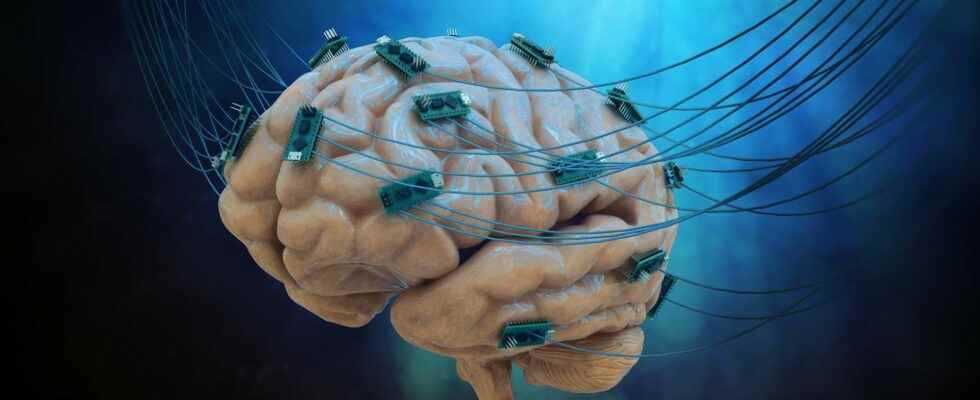You will also be interested
[EN VIDÉO] Foreign languages are good for memory Speaking multiple languages has many benefits for the brain and preserves mental state as you age.
Due to the rapidly aging world population, developing technologies to protect or improve memory in the elderly is one of the goals of medical research. What if, in four consecutive days of brain electrical stimulation, we could improve our memory?
Neuroscientists from Boston University tested the experiment on adults aged 65 to 88. The results of their published study in Nature Neuroscience report memory improvements that persisted for up to a month.
Short and long term memories: distinct zones and frequencies
Previous work suggests that long-term memory and working (short-term) memory are regulated by different parts of the brain. According to a previous study, working memory capacity is increased by low-frequency electrical stimulation of the lower parietal lobe. On the contrary, long-term memory is enhanced by high-frequency electrical stimulation of the prefrontal cortex dorsolateral (in front of the brain).
Non-invasive, the method of transcranial stimulation at alternating current delivers electric currents by means ofelectrodes on the surface of the scalp. During the twenty-minute stimulation, lists of words read aloud had to be memorized by the participants.
After four consecutive days of this protocol, people who received high-frequency stimulation of the dorsolateral prefrontal cortex had better ability to recall first words, suggesting better long-term memory. In contrast, people who received low-frequency stimulation of the lower parietal lobe showed better ability to recall more recently listed words, which calls on working memory.
Further research to address limitations
Additionally, the authors note that participants who had lower baseline cognitive function experienced greater and longer-lasting memory improvements than those who did not. This result is interesting for repeating the experiment on people with a brain disorder that alters their memory (such as Alzheimer’s disease) and which could then be helped by this type of stimulation.
Participants who had lower baseline cognitive function experienced greater and longer-lasting memory improvements than others
” Our results demonstrate that the plasticity of the aging brain can be selectively and sustainably harnessed using repetitive and highly focused neuromodulation write the researchers. They now hope to expand their research and provide more insight into how the brain.
However, the study has some limitations, in particular because of the participation of only 150 people, themselves divided into several stimulation groups. Future studies should also investigate to what extent the benefits of brain stimulation can be generalized to other types of memory tasks (perhaps more representative of daily activities), and whether memory improvements can persist over time. -more than one month.
—
LAST DAYS to take advantage of our summer offer.
Subscribe to our media for a period of 3 months and receive the Mag Futura as a gift!*
*Offer valid for any new 3-month subscription to the “I participate in the life of Futura” offer on Patreon.
—
Interested in what you just read?
